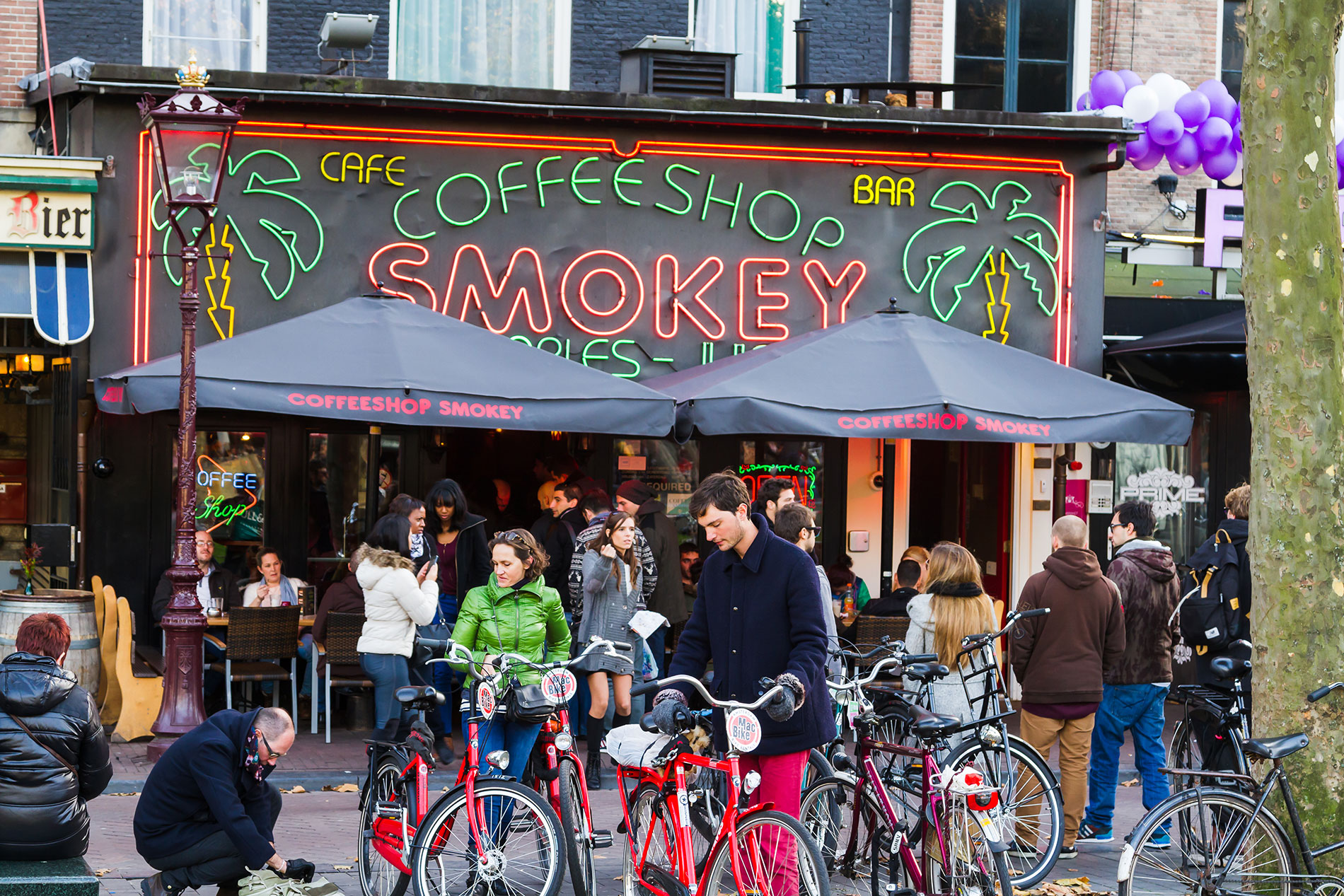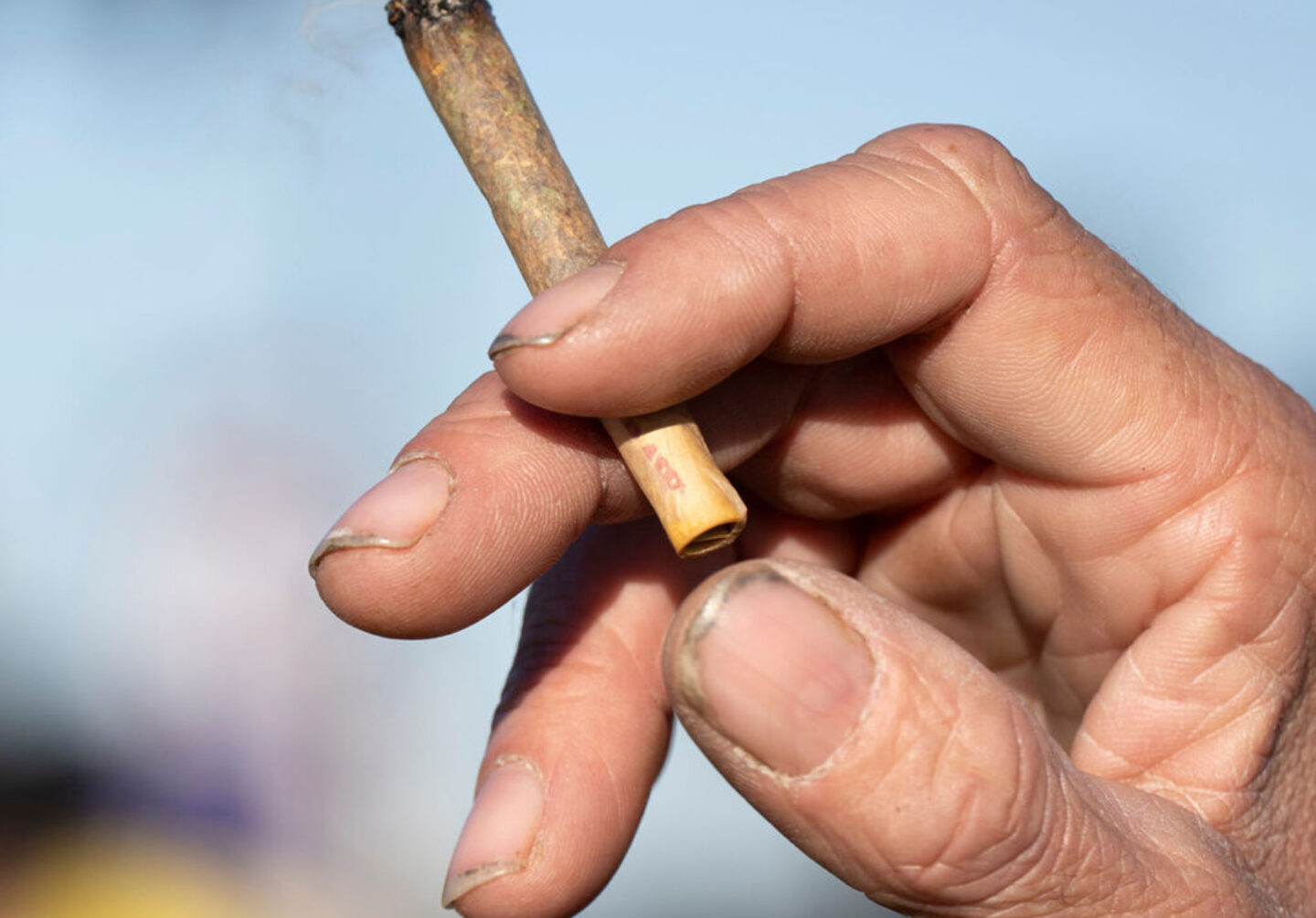
The Netherlands has been at the forefront of cannabis policy experimentation for a long time, including the famous “coffee shop” system in which the sale of small quantities of cannabis for personal use is tolerated under certain conditions.
A noteworthy recent development within this area is the Wietexperiment (Cannabis Experiment), which was initiated by the Dutch government to explore the possibility of legalizing the cultivation of cannabis for recreational use. The experiment involves selected municipalities growing and supplying cannabis to licensed coffee shops, with the aim of regulating the supply chain and reducing the involvement of illegal markets. The experiment was launched in 2021 and is expected to run for a trial period of several years, with the results informing potential changes to Dutch cannabis policy.
In the ongoing experiment, 10 municipalities are participating in the ‘wietexperient’ (i.e., Dutch for “weed experiment”) They include Almere, Arnhem, Breda, Groningen, Heerlen, Hellevoetsluis, Maastricht, Nijmegen, Tilburg, and Zaanstad. They are smaller cities by Dutch standards. Between them they represent 79 coffeeshops. Breda, Maastricht and Heerlen are designated as “border municipalities” in which coffeeshops can only supply local residents rather than visitors and tourists at large. Additionally, there is no legally set limit on the respective THC or CBD levels of products; and growers and coffee shops will be responsible for setting prices.
Additionally, the Netherlands continues to support scientific research into the medicinal properties of cannabis, with ongoing studies exploring its potential therapeutic applications for various conditions, including chronic pain, epilepsy, multiple sclerosis, and psychiatric disorders.






